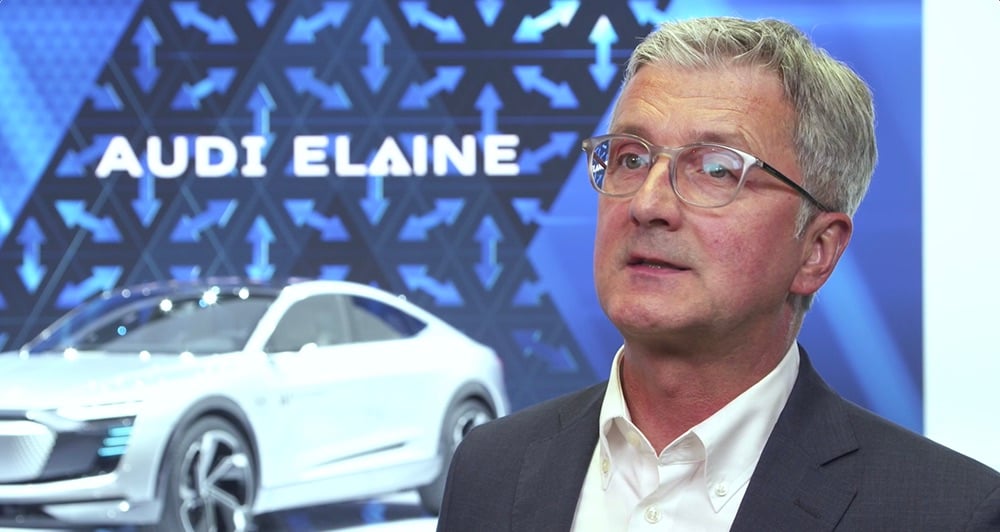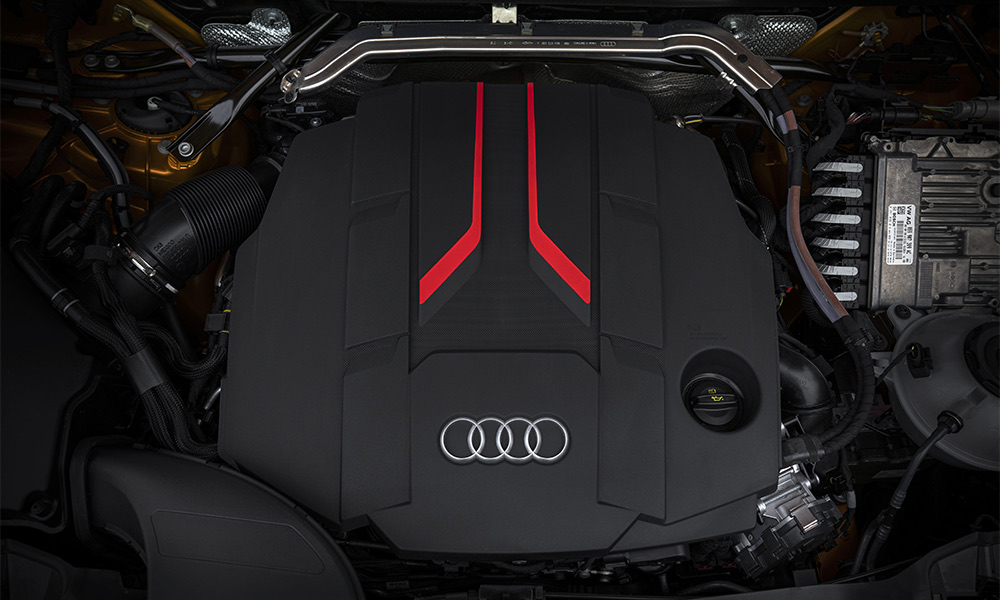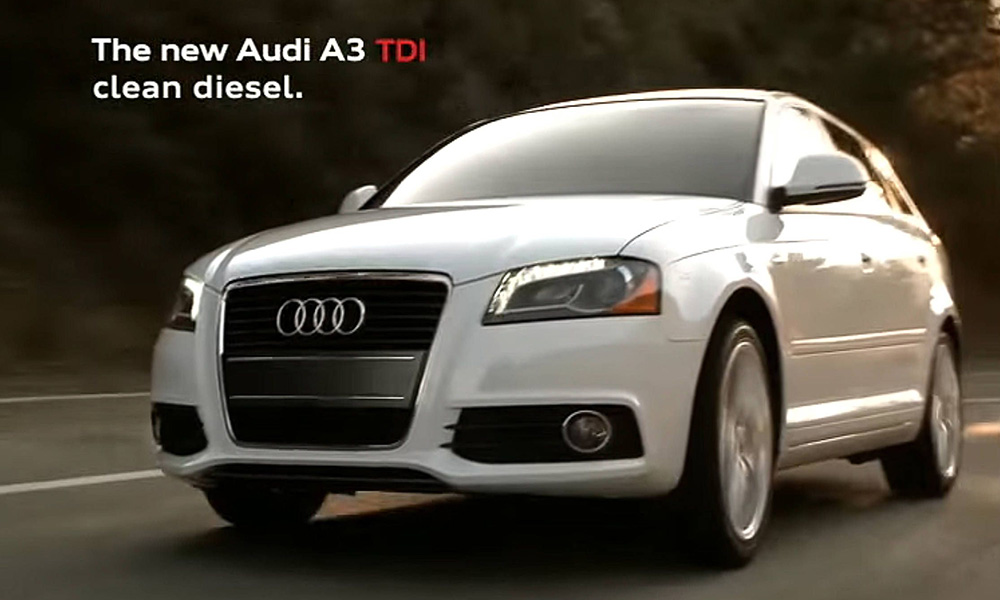
The wheels of justice turn slowly in Germany. Following the uncovering of the Dieselgate scandal back in 2015, it’s only now that the first individuals responsible for it are properly facing justice.
The first top manager to face the music is former Audi boss Rupert Stadler, who was convicted of fraud by a regional trial court in Munich and just received a suspended prison sentence of one year and nine months.
The 60-year-old also has to pay a fine of €1.1 million, with part of the money going to the German government and part of it to various nonprofit organizations.

The court also imposed suspended sentences and fines on two codefendants. Former Audi engines head and later Porsche board member Wolfgang Hatz received two years and a €400,000 fine, while engineer Giovanni Pamio got one year and nine months and a €50,000 fine.
According to the verdict, Stadler is responsible for the sale of 17,177 manipulated diesel cars causing financial damage of €41 million, while the judges charged the two co-accused with having caused damage of €2.3 billion.
The Munich trial is one of the most prominent cases to come out of the 2015 scandal involving millions of emissions manipulations in the Volkswagen Group, in which Audi played a key role. Stadler is the first former member of the group’s board of directors to be convicted, and his relatively lenient sentence is the result of an arrangement with prosecutors.

After more than two-and-a-half years of trial, the court proposed a deal to the accused in March: In exchange for confessions, nobody would have to go to prison and the matter would be settled with suspended sentences and fines. The three men accepted and subsequently fully admitted the allegations. Hatz and Pamio confessed to having manipulated engines.
According to the indictment, legal exhaust gas values were met during test scenarios but not during real-life use on the road. Hatz admitted that he knew about the key elements of the software, and that he failed to report these manipulations to authorities, thereby failing to act in line with his responsibilities. He is on record as saying that he is regretting his actions.

Stadler, on the other hand, knew by July 2016 at the latest that certain Audi diesel engines could contain exhaust gas control functions critical for regulatory approval. He failed to inform the brand’s dealers and only stopped selling the cars in Germany at the beginning of 2018. Stadler admitted this for his part.
Despite not fully getting their way, the public prosecutor’s office stated that it was “very satisfied” with the outcome. All three judgments are not final yet and could be appealed, which might see the reasoning behind the lenient sentences being called into question, so don’t put your popcorn away just yet.

The conclusion of this particular court case is also only the first chapter in the criminal investigation of the diesel scandal.
Four former Volkswagen executives are currently on trial in the city of Braunschweig, including former brand executive Heinz-Jakob Neusser. The case of the former Volkswagen CEO Martin Winterkorn was separated due to health issues of the accused, but is to be tried at a later date. Audi is also not fully in the clear yet.
The public prosecutor’s office in Munich is charging former development directors Ulrich Hackenberg and Stefan Knirsch, former purchasing director Bernd Martens, and now-retired developer Richard Bauder as part of another case related to emissions manipulations. So far, the accused have always denied the allegations.











Comments